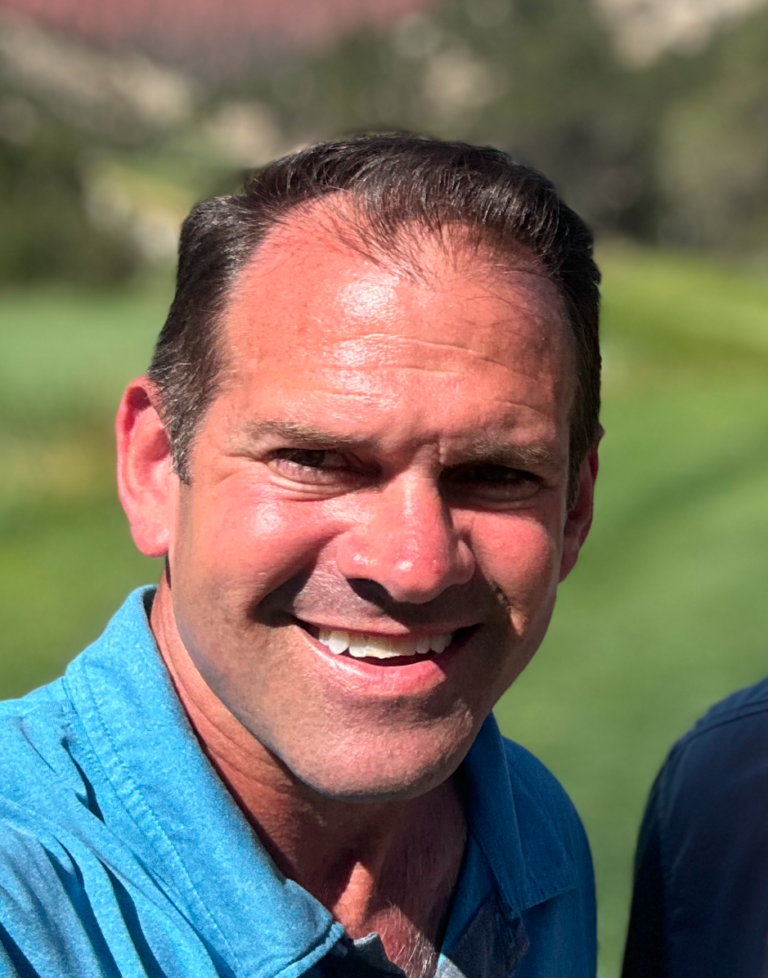Dr. Ian Weisberg’s Innovations in Cardiac Electrophysiology
Dr. Ian Weisberg’s Innovations in Cardiac Electrophysiology
Blog Article
Synthetic intelligence (AI) is rapidly transforming the medical subject, and cardiology is no exception. Dr Ian Weisberg, a number one expert in electrophysiology and cardiac care, are at the lead of establishing AI-driven technology into detecting, checking, and treating center conditions. His strategy promises to improve reliability, increase patient outcomes, and revolutionize the ongoing future of cardiology.

AI-Driven Diagnostics: Improving Precision
One of the very most significant applications of AI in cardiology is its capability to analyze large amounts of patient knowledge with unparalleled accuracy. Dr. Weisberg uses AI-powered electrocardiograms (ECGs) and device understanding algorithms to discover abnormalities in center rhythms prior to when actually before. By researching thousands of individual cases, AI can identify refined habits that even the most experienced specialists may miss.
For problems like atrial fibrillation (AFib) and ventricular tachycardia, early detection may be the difference between preventive treatment and a lethal emergency. AI-based ECG meaning ensures that patients get regular interventions, lowering the risk of complications.
Predicting and Avoiding Cardiac Events
Beyond analysis, AI is helping anticipate cardiac functions before they happen. By studying factors such as for instance heartbeat variability, life style behaviors, and genetic predisposition, AI-driven types can identify individuals at high chance for center episodes, strokes, or sudden cardiac arrest.
Dr. Weisberg believes that this predictive energy allows physicians to take proactive measures, such as for instance prescribing lifestyle improvements, medicines, as well as recommending early interventions before significant signs appear.
Customized Therapy Options with AI
Each patient's center is exclusive, and AI is making individualized therapy programs a reality. Using AI-powered simulations, Dr. Weisberg may custom procedures such as for instance catheter ablations or pacemaker implantations to match a patient's exact cardiac framework and condition. This decreases trial-and-error strategies and increases treatment success rates.
More over, AI helps refine dosage guidelines for heart medicines, ensuring optimum performance with little side effects.
Remote Monitoring and AI-Assisted Cardiac Treatment
One of the most innovative breakthroughs in AI and cardiology is remote patient monitoring. With AI-powered wearable products and smart implants, health practitioners can track real-time individual data, alerting them to any irregularities instantly.
Dr. Weisberg sees that as a game-changer, specifically for people with persistent center conditions who require constant monitoring. By lowering clinic trips and finding problems early, AI-powered checking systems assist in saving lives while improving patient comfort.
The Future of AI in Cardiology
As AI remains to evolve, Dr. Weisberg remains committed to establishing cutting-edge systems that produce cardiology better, correct, and patient-friendly. His work bridges the space between engineering and medicine, ensuring that AI enhances—not replaces—the individual touch in healthcare.

With AI-driven breakthroughs, cardiology is entering a brand new era wherever heart disease could be detected early in the day, handled more effectively, and managed with greater precision. Dr Ian Weisberg's pioneering attempts in this space offer to form the future of cardiac look after years to come.
Might you prefer any refinements or extra precisely certain AI purposes? ????
Report this page